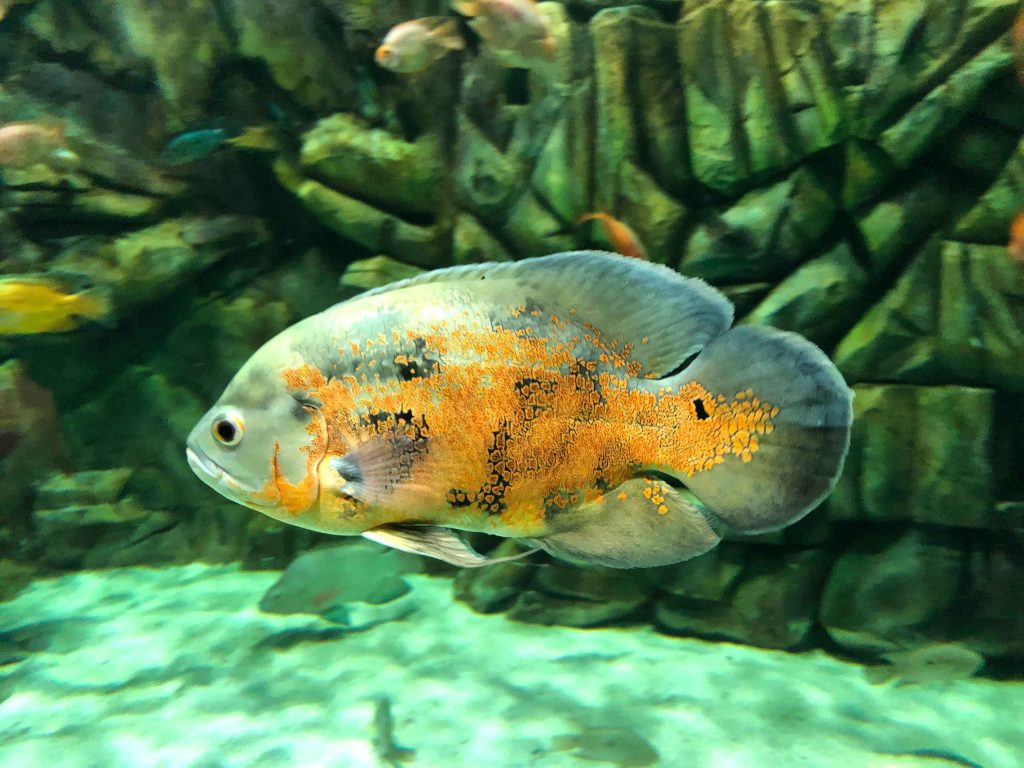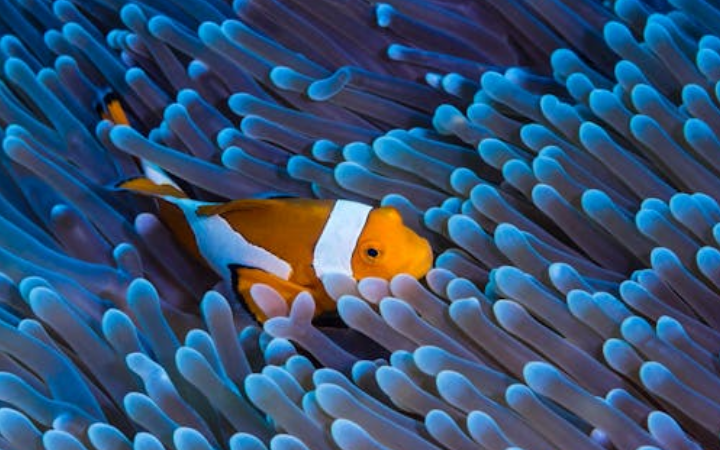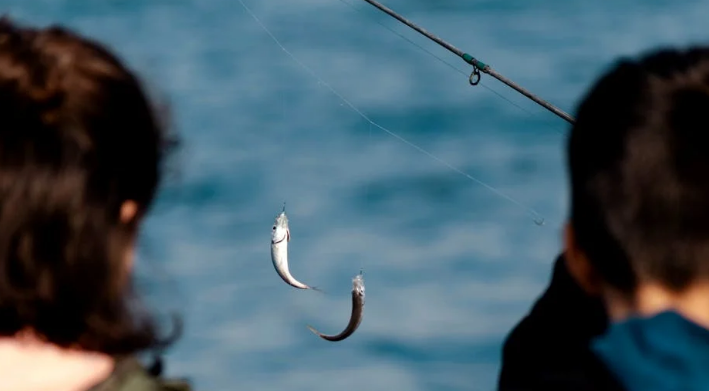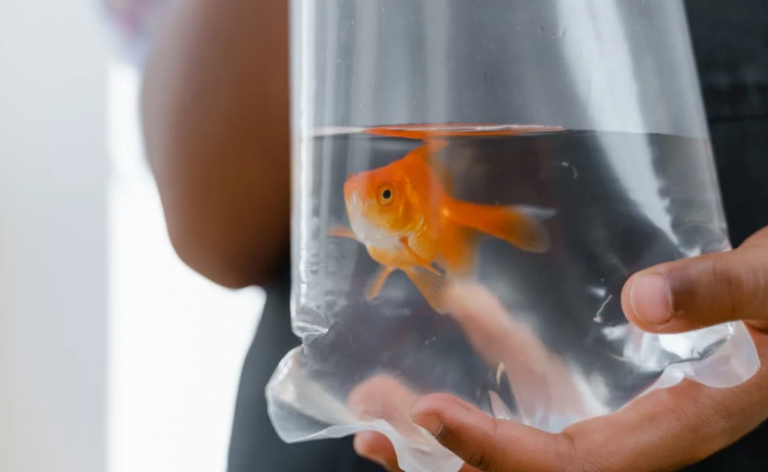Discus fish are a popular choice among aquarists due to their vibrant colors and unique shape. However, many people wonder about their temperament. Are discus fish aggressive? This question is important for those considering adding these beautiful creatures to their aquariums. Let’s explore the behavior of discus fish to understand their temperament better.
Understanding Discus Fish Behavior

Discus fish (Symphysodon spp.) are native to the slow-moving rivers and floodplains of the Amazon Basin in South America. In their natural habitat, they are social creatures, living in groups called schools. This social nature influences their behavior in captivity.
Natural Behavior
In the wild, discus fish are known for their calm and peaceful demeanor. They often swim in schools for protection against predators and to increase their chances of finding food. This schooling behavior is a key aspect of their natural behavior and impacts how they interact with other fish in an aquarium setting.
Social Structure
Discus fish establish a social hierarchy within their group. This hierarchy is usually maintained through mild displays of dominance rather than outright aggression. Dominant fish may display behaviors such as flaring their fins or gently nudging subordinates, but these interactions rarely result in harm.
Aggression in Captivity
When discus fish are kept in captivity, their behavior can change based on various factors, including tank size, tank mates, and environmental conditions.
Tank Size
One of the most crucial factors influencing discus fish behavior is tank size. Discus fish require ample space to swim and establish territories. A small or overcrowded tank can lead to increased stress and aggression. To minimize aggression, it is recommended to keep discus fish in a tank that provides at least 10 gallons of water per fish.
Tank Mates
Choosing compatible tank mates is essential for maintaining a peaceful aquarium. Discus fish are generally peaceful, but they can become aggressive if housed with incompatible species. Avoid keeping them with aggressive or overly active fish, as this can lead to stress and aggression. Ideal tank mates for discus fish include peaceful species like tetras, rasboras, and certain types of dwarf cichlids.
Environmental Conditions
The environment within the tank also plays a significant role in discus fish behavior. Poor water quality, inadequate hiding spots, and sudden changes in water parameters can all contribute to stress and aggression. Maintaining stable water conditions, providing plenty of hiding spots, and ensuring a well-balanced diet are crucial for keeping discus fish calm and content.
Signs of Aggression
While discus fish are generally peaceful, there are times when they may display aggression. Understanding the signs of aggression can help aquarists take appropriate measures to address the issue.
Flaring and Nipping
Flaring of fins and gill covers is a common sign of dominance among discus fish. This behavior is usually harmless and serves as a way to establish hierarchy. However, if flaring is accompanied by nipping or biting, it may indicate increased aggression. Monitor the interactions between fish to ensure that nipping does not escalate into harmful behavior.
Chasing
Chasing is another common sign of aggression. Dominant fish may chase subordinates away from their preferred areas or food sources. While occasional chasing is normal, constant and relentless chasing can lead to stress and injury. If chasing becomes excessive, consider rearranging the tank layout or adding more hiding spots to reduce aggression.
Territorial Behavior
Discus fish may become territorial, especially during breeding periods. Mated pairs may become more protective of their chosen spawning sites, displaying aggression towards other fish that venture too close. To prevent territorial disputes, provide ample space and create distinct territories within the tank using plants, rocks, and decorations.
Managing Aggression
Managing aggression in discus fish involves creating a suitable environment and addressing potential stressors. Here are some tips to help maintain a peaceful discus fish tank.
Provide Adequate Space
Ensure that your tank is large enough to accommodate the number of discus fish you have. A spacious tank reduces the likelihood of territorial disputes and provides enough room for fish to establish their own spaces.
Maintain Water Quality
Regularly monitor and maintain water quality to keep stress levels low. Perform routine water changes, test water parameters, and use a high-quality filtration system. Clean, stable water conditions are essential for the well-being of discus fish.
Choose Compatible Tank Mates
Select tank mates that are compatible with discus fish in terms of temperament and environmental needs. Avoid aggressive or overly active species, and opt for peaceful fish that share similar water requirements.
Create Hiding Spots
Provide plenty of hiding spots and structures within the tank. Plants, rocks, and decorations can create territories and reduce stress by giving fish places to retreat. Hiding spots help discus fish feel secure and less likely to display aggressive behavior.
Monitor and Adjust
Regularly observe your discus fish for signs of aggression or stress. If you notice any issues, take prompt action to address the underlying causes. This may involve rearranging the tank, adjusting the number of fish, or improving water quality.
Conclusion
In general, discus fish are not aggressive. They are peaceful, social creatures that thrive in well-maintained aquariums with adequate space, compatible tank mates, and stable environmental conditions. While they may display mild aggression to establish hierarchy or during breeding periods, proper care and management can minimize these behaviors. By understanding their natural behavior and creating a suitable environment, aquarists can enjoy the beauty and tranquility of discus fish without worrying about significant aggression.



